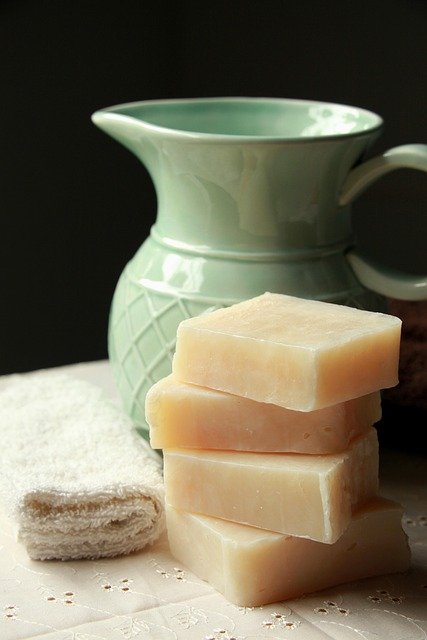The Art and Science of Perfumery: A Deep Dive into the World of Fragrance Creation
Perfumery, the art of creating enchanting fragrances, is a synergy of art and science. This craft, which dates back to the ancient times, has evolved over centuries and has become an integral part of our everyday life. It's not just about creating a pleasant smell; it's about concocting a scent that tells a story and evokes emotions. Perfumery is a subtle alchemy that captivates our senses and connects us to our memories, identities, and desires. Let's take a journey into the world of perfumery, exploring its history, the current trends, and its impact on beauty and culture.

The Fragrant Past: Historical Context of Perfumery
Perfumery is as old as civilization itself. The word ‘perfume’ originates from Latin ‘per fume’, meaning ‘through smoke.’ The earliest evidence of perfume dates back to Ancient Egypt, where people used fragrant oils for religious ceremonies and personal grooming. The Greeks and Romans further developed the art of scent-making, using it for medicinal and cosmetic purposes.
During the Middle Ages, the Arabs introduced distillation, a technique still used in modern perfumery. The Renaissance period saw a heightened interest in perfumes, with Italy and France becoming the epicenters of fragrance creation. In the 19th century, synthetic ingredients were introduced, transforming the perfume industry and paving the way for the creation of complex scents we enjoy today.
Crafting the Scent: The Science Behind Perfumery
Creating a perfume is a meticulous process that requires a deep understanding of chemistry and botany. A perfume’s composition is made up of ‘notes.’ The top notes are the initial scent you smell, followed by the heart notes, and finally, the base notes, which linger the longest. These notes are created by blending various essential oils, each with its unique scent profile.
Perfumers, or ‘noses’ as they’re known in the industry, are the masterminds behind the fragrances. They undergo rigorous training to understand and identify thousands of different scents. It’s a complex process that requires precision and patience, as a single perfume can take months or even years to perfect.
Contemporary Trends in Perfumery
The beauty industry is always evolving, and perfumery is no exception. With growing awareness about sustainability, brands are sourcing natural, ethically sourced ingredients. There’s also a rise in ‘niche perfumery’, focusing on unique, artisanal fragrances that challenge mainstream scent profiles.
Unisex fragrances are another significant trend, reflecting the societal shift towards gender fluidity. More and more brands are creating scents that transcend traditional gender norms, offering fragrances that can be worn by anyone.
The Cultural Impact and Reception of Perfumery
Perfumery has a profound cultural impact. It’s deeply intertwined with our personal and social identities. The scent we choose to wear can be a powerful form of self-expression, making a statement about who we are.
Perfumes are also intrinsically linked to our memories. This is because the olfactory bulb, which processes scents, is part of the brain’s emotional center. This is why certain smells can instantly transport us back to specific moments or evoke strong emotions.
The reception of perfumery varies across different cultures. In Western societies, perfumes are often associated with luxury and sophistication, while in many Eastern cultures, they have a strong spiritual significance.
The Ever-Evolving World of Perfumery
Perfumery is not just about creating appealing smells; it’s an artistic endeavor that combines creativity with scientific precision. The fascinating world of perfumery is ever-evolving, reflecting societal changes and technological advancements.
As we move into the future, we can expect to see more innovations, such as personalized perfumes designed using AI and biotechnology to create sustainable scents. Regardless of the changes, the core essence of perfumery remains the same - creating enchanting fragrances that captivate our senses and evoke emotions.






